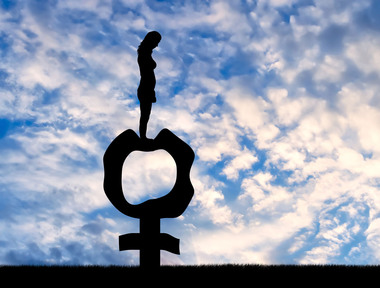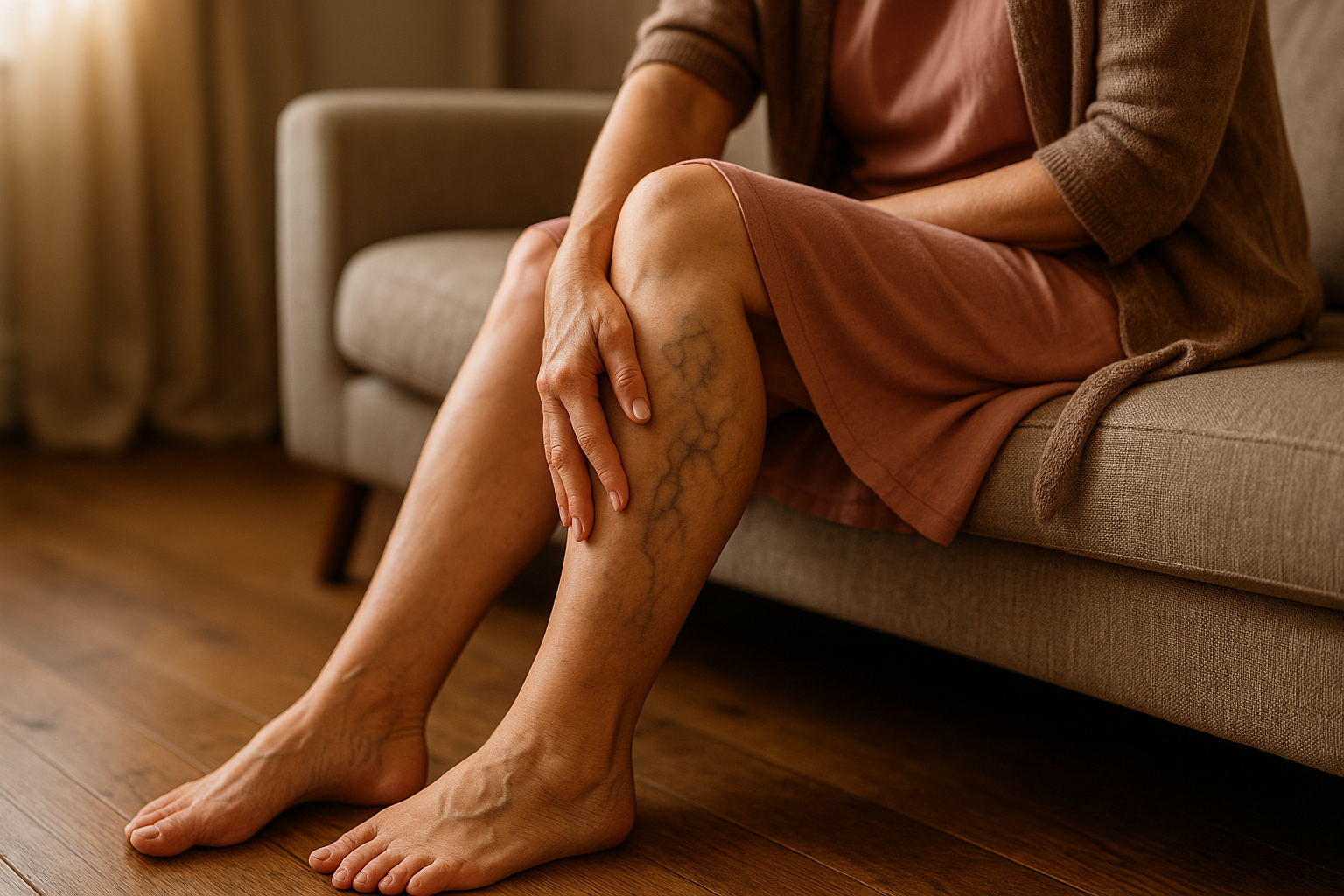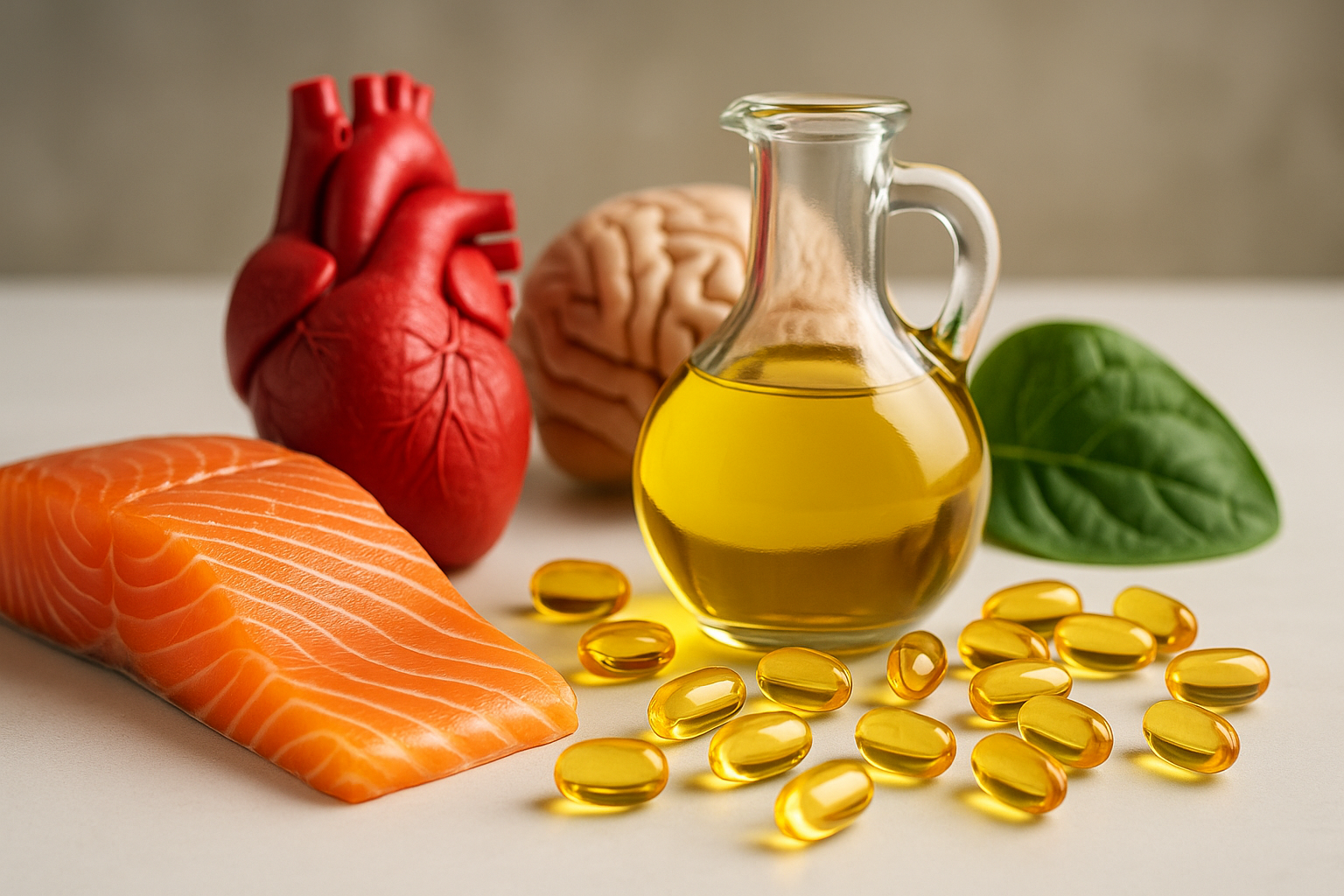
Women and men often have different risk factors for disease development, disease progression and treatment risks. Gender medicine focuses on gender-specific research and treatment of diseases. When using natural vital substances, it is also important to focus on the special needs of women.
The musician duo SDP from Berlin released the song "Männer und Frauen" (Men and Women) a few years ago. In it, the musicians deal with gender stereotypes and compare men and women. The result: men and women are simply different! Women are either too hot or too cold, they won't rest until they have what they want, they are always late, simply: for the musicians, women are like "beings from 'another planet'". Men, on the other hand, "can't take a joke", "always step on the gas", "are kind of soft in the head", don't express their feelings and, as with women, in the end: "Men are like beings from another planet"!
Of course, this is primarily meant to be funny and for entertainment. But the differences between the sexes are there - and these should not be underestimated, especially from a medical perspective. Gender medicine (international technical term "gender medicine" or "gender-specific medicine") or gender-specific medicine refers to a form of human medicine with special attention to the biological differences of men and women. Gender medicine focuses on the gender-specific research and treatment of diseases.
"Women and men often have different risk factors for disease development, disease progression and treatment risks. They often perceive prevention offers differently. Both sexes benefit when their differences are recognised, when they are adequately addressed and
if prevention offers and therapy measures are adapted to them," says the German Society for Gender-Specific Medicine (DGesGM e.V.). (DGesGM e.V.). The association stands for the processing of gender-related differences in clinical medicine, basic research as well as in prevention and the care structures, the promotion of gender research, the implementation of research results in medical practice and the translation of research results to the public, politics, authorities and health care institutions.
Heart attacks and strokes are not a men's issue
This applies, for example, to gender-specific differences in cardiovascular diseases. The Women's Heart Network, a non-profit association, draws attention to this. "It is now medically recognised that serious cardiovascular diseases such as heart attacks and strokes are not purely a 'men's issue', as is still commonly assumed. The sheer numbers speak against this. Since 2002, heart attacks and strokes have replaced cancer as the leading cause of death. And while the rate of deaths due to cardiovascular diseases is continuously decreasing in men, it is decreasing less in women and even increases between the ages of 40 and 55," the organisation states. The Women's Heart Network has set itself the task of taking the lead in promoting women's heart health in Germany and promoting gender-specific cardiology and anchoring it in the public and professional circles.
Cardiovascular diseases: Women with different alarm signs than men
According to the expert group, practical experience shows that women are exposed to the same, if not greater, risks than men with regard to fatal cardiovascular diseases. This is also due to the fact that diagnostics and therapy have not yet comprehensively adjusted to the gender-specific differences. The study 'Berlin Women's Risk Evaluation', for example, shows that more than half of the more than 1000 women interviewed underestimated their cardiovascular risk. For example, a heart attack often announces itself with other alarm signs than in men, which are rather unspecific, such as shortness of breath, nausea, vomiting or discomfort in the upper abdomen. The result is that a heart attack in women is often detected much later - precisely because women are less likely to have a heart attack.
Women more often affected by depression
A recent article in the Neue Zürcher Zeitung also discusses the fact that women are often treated as if they were men in medicine. The scientist Antonella Santuccione Chadha wants to change this, especially with regard to brain diseases, which often affect women more than men. The article says: "Men get covid-19 more often and more severely than women. For many mental or neurological diseases, the reverse is true; for example, women are more often affected by depression, anxiety disorders, multiple sclerosis, but also by some forms of brain tumours. This difference is given far too little attention in research, finds Santuccione."
Antonella Santuccione Chadha and three colleagues founded the "Women's Brain Project". This is a Swiss-based international non-profit organisation that focuses on gender determinants of brain and mental health as a gateway to precision medicine. More specifically, it says: "Men and women differ in terms of risks for brain and mental illness, frequency, severity, symptomatology and even response to treatments. Our goal is to clearly identify such differences in diseases, diagnoses and treatments, as well as novel technologies, and harness them for better solutions."
Natural vital substances: combating complaints of the menopause
At Natura Vitalis, we have focused particularly on these special needs of women and have developed, among other things, "Woman No 1", a high-end product for women over 30. The product consists of numerous isoflavones (special secondary plant substances), eucalyptus and peppermint, vitamins B6 and D3, calcium and other very important natural vital substances. With the formula, women can combat menopausal complaints with the many unpleasant natural accompanying symptoms such as hot flushes, lack of drive, mood swings, irritability, osteoporosis, sleep disorders, weak libido, skin ageing, dry skin and weight gain, and make a positive contribution to the maintenance of normal bones, normal teeth, normal muscle function and also to the normal functioning of the immune system. By the way: The exciting polyamine spermidine contained in "Woman No 1" could have the function of a kind of rejuvenating or cell-refreshing cure. A scientific team consisting of 29 international researchers under the leadership of Prof. Dr. Frank Madeo from the Institute of Molecular Biosciences at the Karl Franzens University in Graz, Austria, has demonstrated in fruit flies that the body's own substance spermidine triggers a cellular cleansing process, as a result of which the memory capacity of older fruit fly brains is restored to a youthful level. Prof. Dr. Frank Madeo is the discoverer of the spermidine effect.
So it is true: women and men are different, and women cannot be treated medically like men. This is also important when using natural vital substances.










